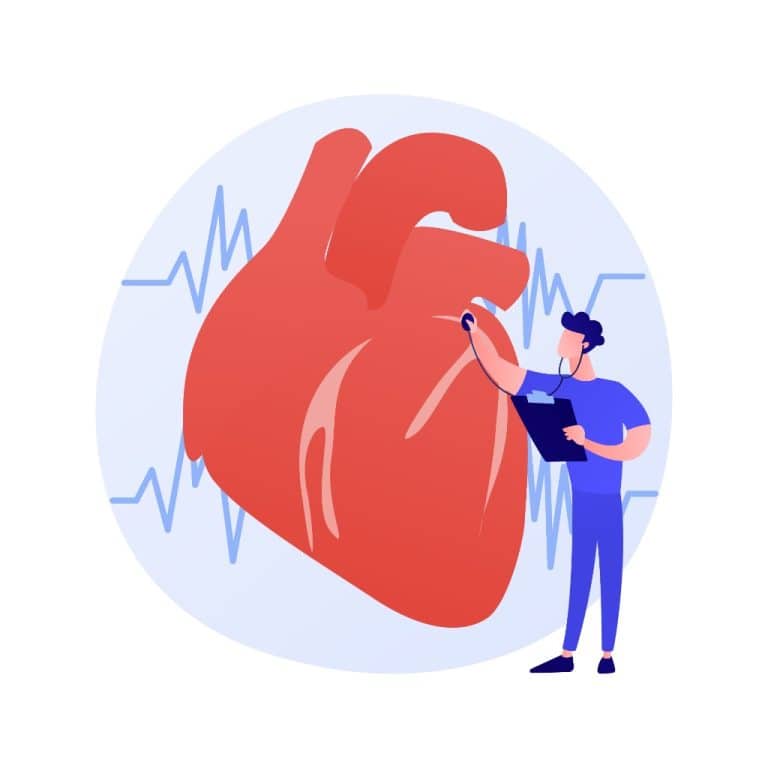Welcome to our online heart rate and blood pressure quiz! Have you ever wondered how your heart rate and blood pressure are connected? In this quiz, we will explore the relationship between these two important measures of cardiovascular health.
Understanding your heart rate and blood pressure can give you valuable insights into your overall well-being. By monitoring these vital signs, you can take proactive steps to improve your cardiovascular health and reduce your risk of heart disease. So, let’s dive in and test your knowledge on heart rate and blood pressure – you might just learn something new that could help you live a healthier life!
Play Heart Rate And Blood Pressure Quiz
Instructions
- This quiz is multiple choice.
- Read each question carefully before selecting an answer.
- Choose the best answer for each question.
- You will see the missed questions with correct answers at the end of the quiz.
Quick Facts
- Your heartbeat and the force against your arteries are connected.
- When you exercise, your pulse and the push in your arteries increase.
- Stress can cause your pulse to quicken and the push in your arteries to rise.
- Eating healthy foods can help keep your pulse and the force against your arteries in check.
- Regular exercise can help regulate the speed of your heartbeat and the pressure in your arteries.
- Monitoring your pulse and the strength in your arteries can help you stay aware of your overall health.
- Some people may have a faster pulse and higher force in their arteries due to genetics.
- High levels of sodium in your diet can lead to an increase in your pulse and the power in your arteries.
- Meditation and relaxation techniques can help lower your pulse and the strength in your arteries.
- Regular check-ups with your healthcare provider can help track changes in your pulse and the force in your arteries.
Downloads
No downloads found
Study Tips
- Create a study schedule and stick to it.
- Find a quiet and comfortable study environment.
- Remove distractions such as phones and social media.
- Take breaks every 25-30 minutes to avoid burnout.
- Use active studying techniques like summarizing, highlighting, and teaching concepts to someone else.
- Practice retrieval by testing yourself with flashcards or practice quizzes.
- Stay organized with notes, study guides, and resources.
- Stay hydrated and eat brain-boosting foods like fruits, nuts, and whole grains.
- Get enough sleep to improve memory retention and cognitive function.
- Reward yourself for reaching study goals to stay motivated.
